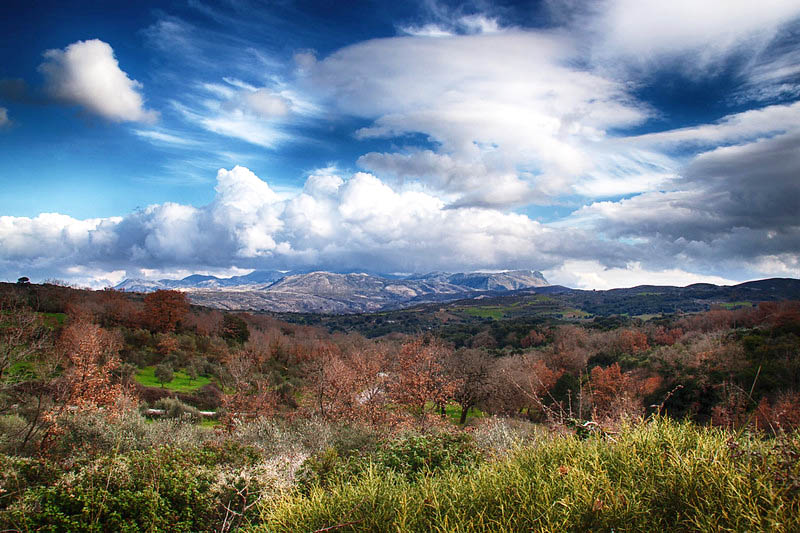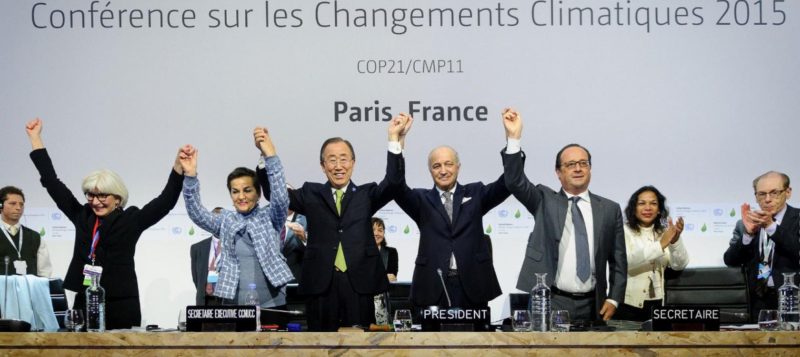In 1854, during the Westward expansion in the US, president Franklin Pierce sent a letter to Indian chief Seattle, of the Suwamish tribe, to buy the territories in which they were settled. In exchange for the buying of their land, they offered the creation of a reservation for his tribe.
The following video reproduces the answer of chief Seattle. A strong response in which the chief, irretrievable, accepted the offer with the condition that they promised to respect the lands they were about to acquire. Chief Seattle’s letter is a beautiful argument in defense of nature and the role that humans should play within it (“the earth does not belong to men; men belong to the earth”).
His answer shows an alternative approach to the value of nature and the need to protect it, as human beings commune with it. As he states in the letter:
“What befalls the earth, befalls all the sons of the earth.”
COP25 and the fight against climate change
This message seems especially relevant today, as humankind fights desperately against climate change and the impact his action as had on nature.
In this context, on the 2nd-13th December, the COP25, or United Nations Climate Change Conference, will take place in Madrid. This summit, chaired by Chile and initially programmed to take place in this country, is the last step to apply the 2015 Paris Agreement by 2020 . This agreement meant a historical step in the fight step against climate change, involving a hundred countries in a binding agreement and promoting far-reaching goals: among them, to fix a limit to the emission of greenhouse gases, and to establish a funding system among countries, in order to avoid an increase of 1,5-2ºC by 2100, with regard to pre-industrial levels.
The Agreement comes into force in January 2020, when the signing States will have adopted the necessary measures to fulfil its goals.
The importance of this letter lies, precisely, in the alternative approach to nature and the relation of humans and nature held by its community.
Even though we are witnessing a laudable effort, the Chief Seattle’s letter is an invitation to reflect on the fact that this diplomatic agreement relies on the same approach to nature and sustainability that has taken us here. The importance of this letter lies, precisely, in the alternative approach to nature and the relation of humans and nature held by its community. As it can also be seen in the principles promoted by Islam (as we explain in this short documentary), his position promotes a greater respect for the environment, aware of the essential role held by nature and the need for humans to protect it.
This post is available in: English Español


